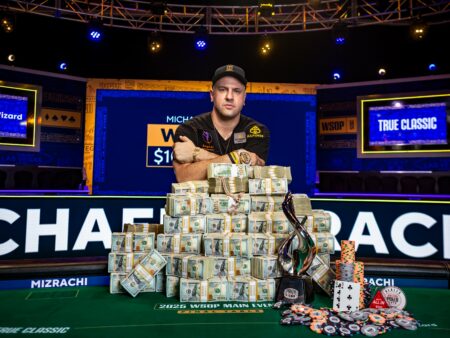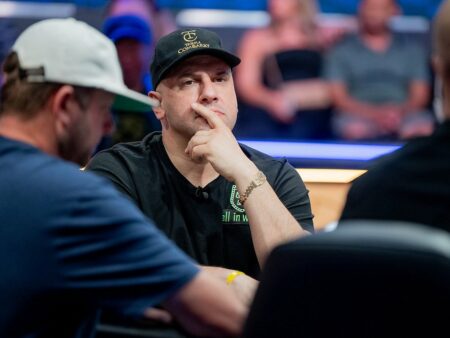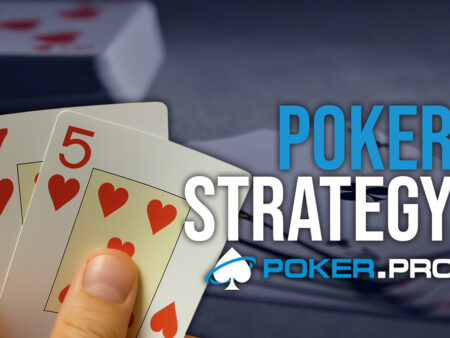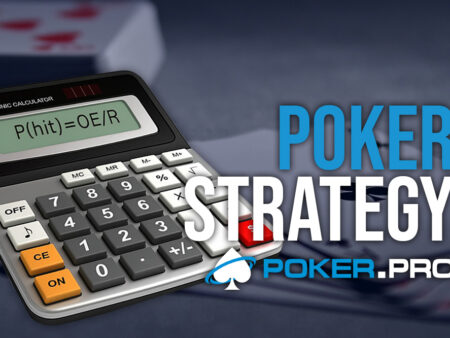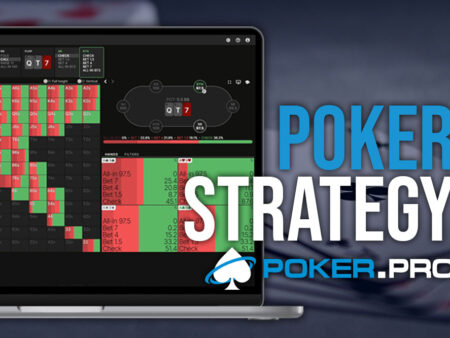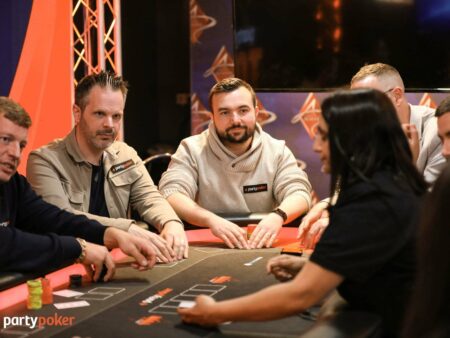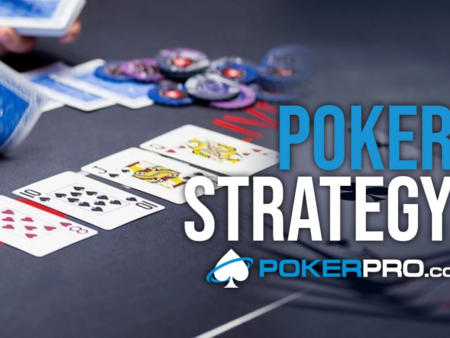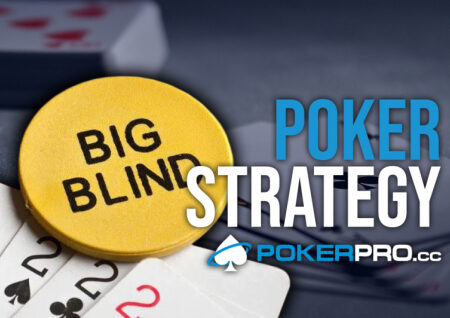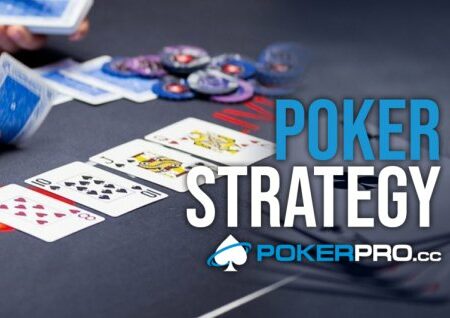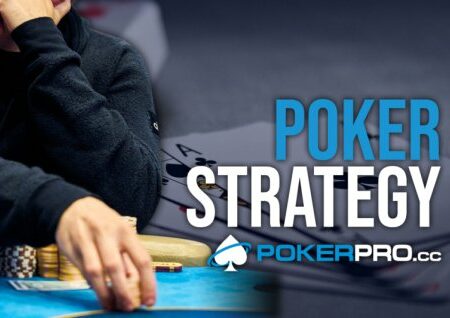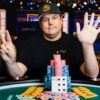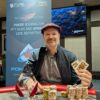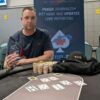In this article we ephasize the difference in the approach of a regular and an amateur tournament poker player. The main goal is to show some of the…
What Are The Differences Between Amateur And Professional Tournament Players?
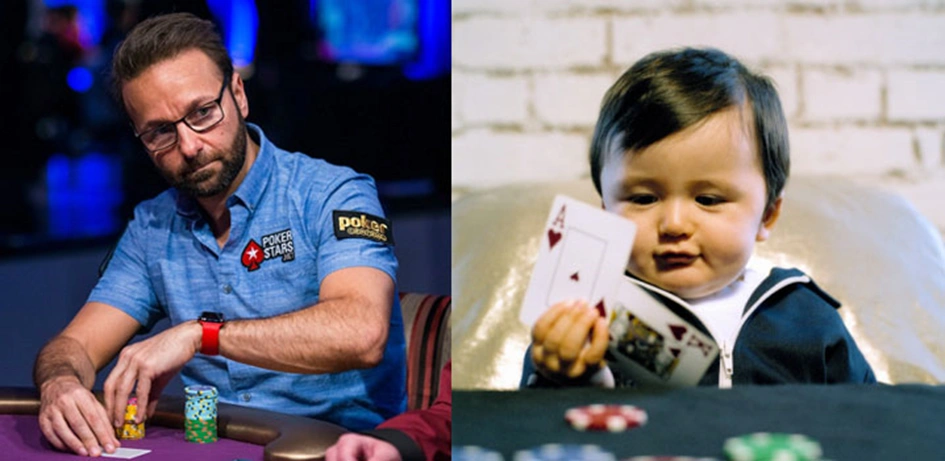
In this article we ephasize the difference in the approach of a regular and an amateur tournament poker player. The main goal is to show some of the amateur players what they need to work to become a winning player.
An amateur player is someone who plays about 1-3 times a week, usually at night after work or on weekends. He has a “real job” and maybe a family or is in college, so he can only play part time.
But make no mistake, this player is serious about the game and spends time on poker forums, watching coaching videos, etc.
Since we are talking about tournament poker, the amateur in this article plays mostly big tournaments. He can be a winning player, he can be breakeven or maybe a slight loser in his career.
A regular is someone for whom poker is the major part of his income.
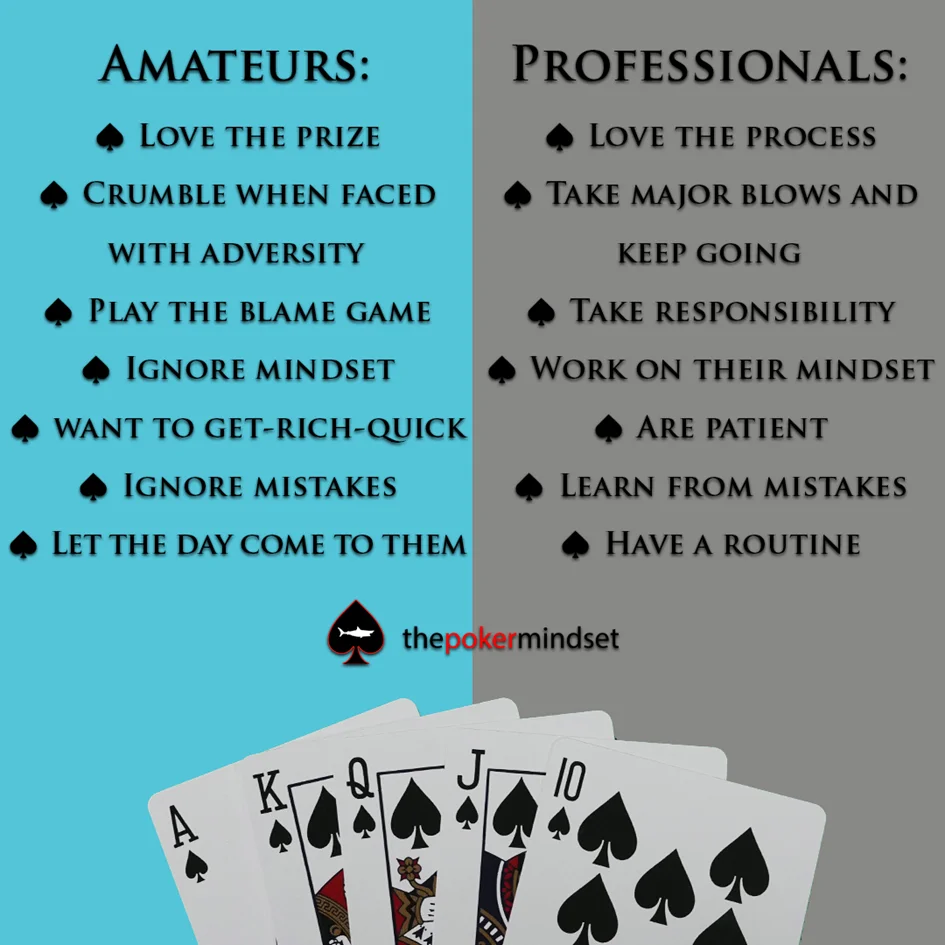
Regular vs. Amateur
- Number of tournaments played: 3557 – 661
- Daily avg of played MTT: 21.5 – 3.58
- In the Money: 13.1% – 15.7%
- Final Tables: 3.13% – 2%
- Top 3: 1.36% – 0.54%
- Top 3 when they reach FT: 43.61% – 28.09%
- Won tournaments: 0.73% – 0.22%
- ROI: 77.65% – 19.68%
- The longest period without finishing in the money: 47 – 22.5
What does this statistic mean?
As you can see, the pros are not these mythical beasts that keep cashing in and making the final table at every tournament.
Media attention can sometimes give off a false reality as it only highlights their victories and never mentions how many defeats it took to get there.
The reality is:
Even top pros win tournaments less than 1% of the time, for some it’s as low as 0.60%.
That means they only win 1 out of every 100 times. Of course, variance doesn’t always come on schedule and deviations of 200-300 tournaments without a win can happen.
Reaching the Final Table for the best is about 3%.
The best only cash out about 13% of the time. That means they lose money 87% of the time! In fact, amateurs cash out more often than regs.
The difference is that when professionals cash out, the amounts are higher, which is evident in the ROI, which is higher by 58%.
Also Regs finish in the top 3 almost 3 times more often than amateurs.
How can an Amateur come close to the numbers of Regulars?
- By adding volume – extra volume means you play more hands and will result in your game improving even faster.
- Playing more days – try adding 1 more day a week. If you currently play 7 tournaments a day, adding 1 more day x 52 weeks = 364 more tournaments per year. Even with an average amateur ROI of around 20% and an average buy-in of $30, that means an additional $2,184 in profit.
- Stop Worrying About Single Tournaments – It’s easy to waste emotional energy on any single poker tournament. Sure, you try to win, but very often you won’t. In fact, you’ll only cash out about 15% of the time. All you can do is focus on making good decisions and the result will not fall short in the end.
- Play to win – There’s a reason amateurs cash more than regulars. They worry more about it and become tight near the bubble. But they will miss opportunities to collect chips by playing only for mincash. In order to make real money playing poker tournaments, you have to trust your instincts and play to win.
If you’ve ever gotten frustrated playing poker tournaments, don’t worry, remember that even the best players in the world don’t win that often.
The only way to balance negative variance is to have enough volume where your skill can prevail.
